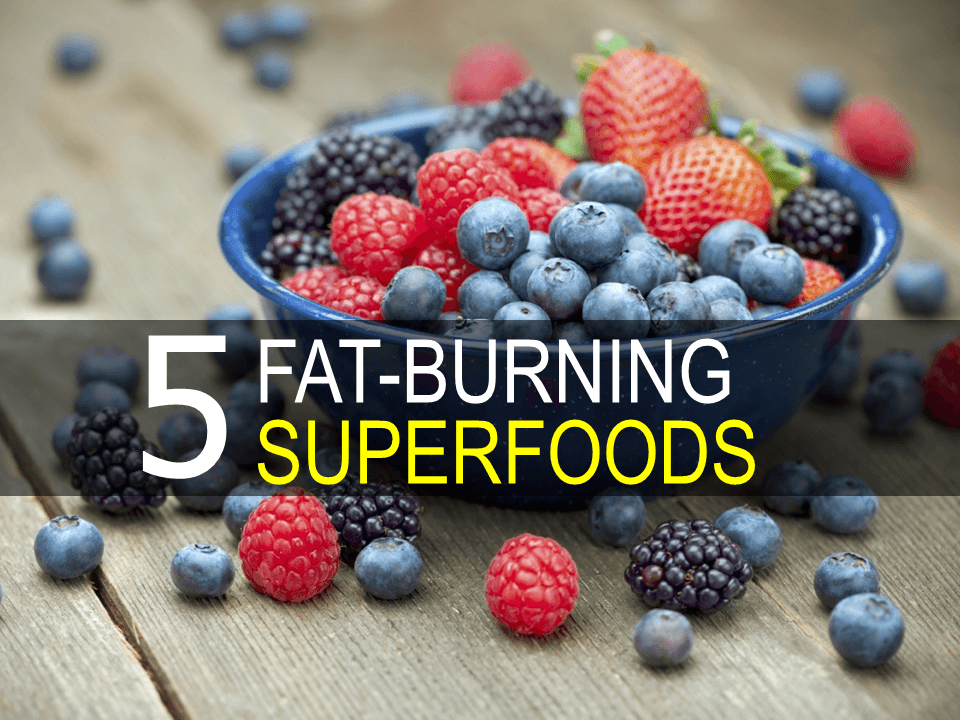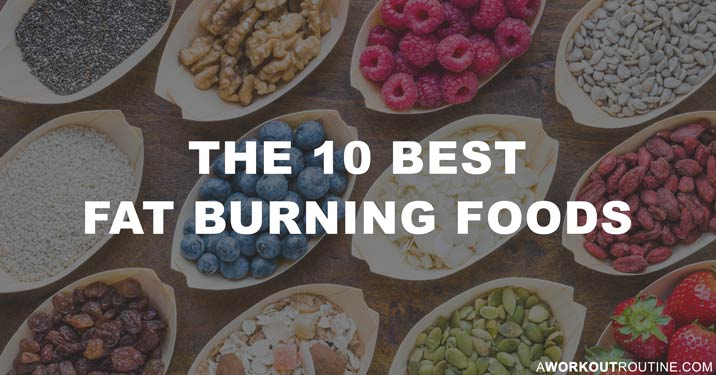Nourishing your body with the right foods doesn’t just impact physical health—it plays a crucial role in supporting mental health and emotional wellbeing. Incorporating superfoods into your daily routine can help you live exquisitely everyday while following the health code that prioritizes both mind and body wellness. This comprehensive guide explores the power of nutrient-dense superfoods and their remarkable benefits for brain function, mood regulation, and overall mental clarity.
What Makes a Food “Super” for Mental Health?

Superfoods earn their title through exceptional nutrient density and research-backed health benefits. When it comes to mental health optimization, certain nutrients stand out:
- Omega-3 fatty acids support brain structure and reduce inflammation
- Antioxidants combat oxidative stress that can damage brain cells
- B vitamins aid in neurotransmitter production and energy metabolism
- Magnesium and zinc help regulate mood and stress responses
- Probiotics and prebiotic fibers support gut-brain communication
By incorporating foods rich in these compounds, you can create a foundation for improved mental wellbeing and emotional balance. Let’s explore the most powerful options to add to your diet.
Top 10 Superfoods for Mental Health and Emotional Wellbeing
1. Fatty Fish

Rich in omega-3 fatty acids, particularly EPA and DHA, fatty fish like salmon, mackerel, and sardines provide essential building blocks for brain health. Research published in the Journal of the American Medical Association shows that regular consumption of fatty fish correlates with lower rates of depression and anxiety.
How to enjoy: Aim for 2-3 servings weekly. Try grilled salmon with lemon and herbs, sardines on whole-grain toast, or a refreshing mackerel salad.
2. Dark Leafy Greens
Kale, spinach, and other leafy greens deliver folate, a B vitamin critical for producing mood-regulating neurotransmitters like serotonin and dopamine. They’re also packed with antioxidants that protect brain cells from damage.
According to a study in JAMA Psychiatry, people who consume more leafy greens show slower cognitive decline and better emotional regulation.
How to enjoy: Incorporate into daily meals with smoothies, salads, sautéed as side dishes, or blended into pestos and sauces.
3. Berries
Blueberries, strawberries, and blackberries contain powerful antioxidants called flavonoids that have been shown to improve memory, cognitive function, and mood. Their high vitamin C content also helps combat stress by reducing cortisol levels.
Research from the Journal of Agricultural and Food Chemistry indicates that regular berry consumption can delay memory decline and improve symptoms of depression.
How to enjoy: Add to yogurt, oatmeal, or eat as a snack. Frozen berries make excellent additions to smoothies year-round.
4. Nuts and Seeds
Almonds, walnuts, flaxseeds, and chia seeds provide plant-based omega-3s, vitamin E, and magnesium—all essential nutrients for brain health and stress management. Walnuts, specifically, resemble the structure of the brain and benefit it significantly.
The American Journal of Clinical Nutrition published findings showing that nut consumption is associated with better cognitive performance and reduced depression risk.
How to enjoy: Create trail mix combinations, sprinkle on salads or yogurt, or blend into smoothies and homemade energy bars.
5. Fermented Foods
Yogurt, kefir, sauerkraut, kimchi, and other fermented foods contain probiotics that support gut health—a surprising but crucial factor in mental wellbeing. The gut-brain axis connection means that a healthy microbiome translates to better mood regulation.
Studies in Gastroenterology have demonstrated that probiotic supplementation can reduce symptoms of depression and anxiety by improving gut health.
How to enjoy: Incorporate plain yogurt with breakfast, add kimchi to rice bowls, or enjoy sauerkraut with savory dishes.
6. Turmeric
This golden spice contains curcumin, a compound with powerful anti-inflammatory and antioxidant properties. Chronic inflammation has been linked to depression and anxiety, making turmeric a valuable ally for mental health.
According to research in the Journal of Affective Disorders, curcumin supplementation has effects comparable to some antidepressant medications.
How to enjoy: Add to curries, soups, and smoothies, or prepare golden milk by mixing with warm plant milk and a pinch of black pepper (which enhances absorption).
7. Dark Chocolate
High-quality dark chocolate (70% cocoa or higher) contains flavanols that increase blood flow to the brain and enhance mood. It also stimulates the production of endorphins, our body’s natural feel-good chemicals.
Research in the Journal of Psychopharmacology found that consuming dark chocolate can significantly improve mood and reduce symptoms of depression.
How to enjoy: Savor 1-2 squares daily as a mindful treat, or use cacao nibs in smoothies and baked goods.
8. Avocados
These creamy fruits provide healthy fats that support brain structure, along with vitamin E, potassium, and B vitamins. Their monounsaturated fats help maintain healthy blood flow, essential for optimal brain function.
Studies published in Nutrients show that avocado consumption improves cognitive function and enhances lutein content in the brain, supporting mental acuity.
How to enjoy: Spread on toast, add to smoothies for creaminess, use in salads, or make guacamole for a nutrient-dense snack.
9. Green Tea
L-theanine, an amino acid in green tea, promotes relaxation without drowsiness while improving focus. Combined with a small amount of caffeine, it creates a balanced state of calm alertness.
The Journal of Psychiatric Research reports that regular green tea consumption correlates with reduced symptoms of depression and improved cognitive function.
How to enjoy: Drink 2-3 cups daily, either hot or cold. For maximum benefits, steep for 3-5 minutes.
10. Legumes
Beans, lentils, and chickpeas provide stable energy through complex carbohydrates while delivering protein and B vitamins necessary for neurotransmitter production. Their high fiber content also supports gut health, indirectly benefiting mental wellbeing.
Research in the American Journal of Clinical Nutrition shows that diets rich in legumes are associated with better mood regulation and reduced risk of depression.
How to enjoy: Add to soups, salads, and grain bowls, or puree into dips like hummus.
Track Your Health Journey with These Helpful Tools
As you incorporate these superfoods into your diet to boost mental health and emotional wellbeing, monitoring your overall health metrics can provide valuable insights into your progress. Use these helpful calculators to track your journey:
BMI Calculator
Maintaining a healthy weight is an important component of both physical and mental wellbeing. Calculate your Body Mass Index (BMI) using this BMI Calculator from the CDC to assess whether your current weight falls within a healthy range for your height.
Calorie Needs Calculator
Understanding your daily caloric requirements can help you balance energy intake with nutrition quality. This Calorie Calculator from Mayo Clinic considers your age, gender, weight, height, and activity level to estimate appropriate daily calorie intake.
Fat Intake Calculator
While healthy fats are essential for brain health, monitoring overall fat consumption helps ensure balanced nutrition. The Fat Intake Calculator from the American Heart Association can help you determine appropriate daily fat targets based on your individual needs.
Remember that these tools provide general guidelines, not strict rules. Use them as part of a holistic approach to health that prioritizes nutritious eating, regular physical activity, and positive mental health practices.
Creating a Mental Health-Supporting Meal Plan
Incorporating these superfoods into your daily routine doesn’t have to be complicated. Here’s a simple framework:
- Breakfast: Greek yogurt with berries and nuts, or a spinach and avocado smoothie
- Lunch: Salmon or lentil salad with dark leafy greens
- Dinner: Turmeric-spiced vegetables with legumes and whole grains
- Snacks: Dark chocolate, nuts, or fruit
- Beverages: Green tea, water infused with berries
Remember that consistency matters more than perfection. Aim to include at least 2-3 superfoods daily to experience cumulative benefits for mental health and emotional wellbeing.
Beyond Nutrition: Lifestyle Factors for Living Exquisitely Everyday
While superfoods provide foundational support for mental health, they work best as part of a holistic approach to wellbeing:
- Regular physical activity stimulates the release of mood-enhancing endorphins
- Quality sleep allows the brain to recover and regulate emotions
- Stress management through mindfulness practices complements dietary approaches
- Social connection provides emotional support and reduces isolation
- Hydration maintains optimal brain function and energy levels
By combining proper nutrition with these lifestyle elements, you can truly embrace the health code for enhanced mental clarity and emotional balance.
When to Seek Additional Support

While dietary changes can significantly improve mental wellbeing, they shouldn’t replace professional treatment for clinical depression, anxiety, or other mental health conditions. If you’re experiencing persistent low mood, anxiety, or other concerning symptoms, consult with a healthcare provider.
Superfoods can be a valuable complementary approach alongside conventional treatment, providing your brain with the nutrients it needs for optimal functioning and recovery.
Conclusion: Nourish Your Mind, Transform Your Life
The foods we consume daily have profound effects on our brains, influencing everything from cognitive function to emotional resilience. By intentionally incorporating these ten superfoods into your diet, you’re taking a powerful step toward boosting mental health and emotional wellbeing.
Living exquisitely everyday isn’t about perfection—it’s about making consistent choices that support your whole self. The health code emphasizes that mental and physical wellbeing are interconnected, with nutrition serving as a cornerstone for both.
Start small by adding one superfood to your daily routine, then gradually expand your repertoire. Your brain—and your mood—will thank you for the nourishment.


